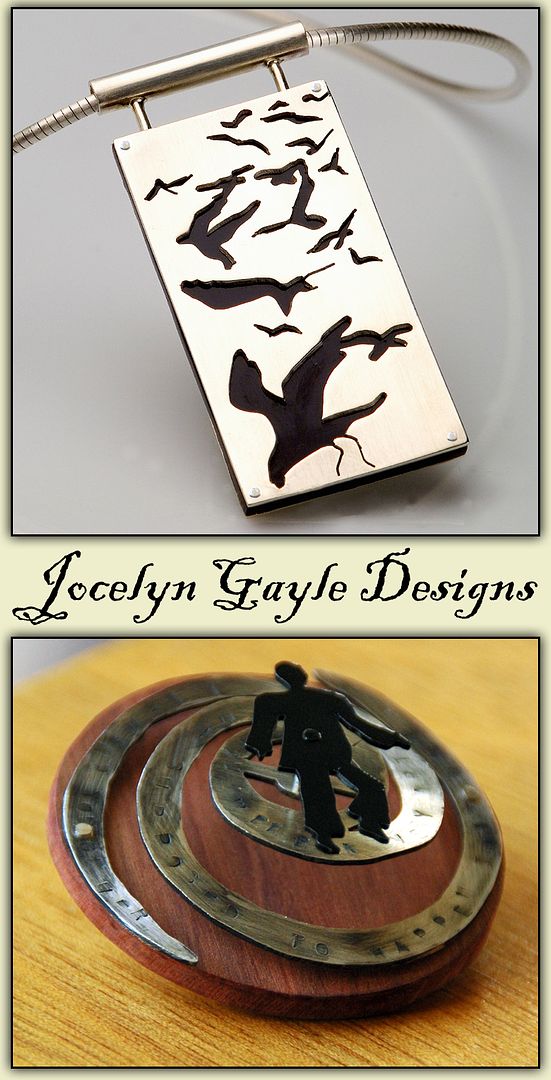The boy stood at the reading table and briefly looked out over the congregation. The sanctuary was full, but from where he stood, the faces were impossible to distinguish. Willing himself to look away from the blurry sea of people, he concentrated on the task at hand.
In accordance with tradition, the first aliyah – the honor of being called to the Torah - was given to a kohen, someone descended from the ancient priesthood. The honoree’s name was announced; he came forward, read the blessing.
The boy responded with “amen” and began to read.
The story was a familiar one, one that he had known since earliest childhood. It was the story of Noah, a righteous man who walked with God, and who was thus spared when God decided that the world was in need of a thorough scrubbing. But this time, the boy was not reading it from a Little Golden Book of Bible Stories. This time, he chanted the words from a Torah scroll, the words inscribed by hand on parchment in clear, crisp script. The words that had been passed down from generation to generation for thousands of years.
Eileh toldos Noach: Noach ish tzadik, tomim hoyoh b’dorosov – es ho-Elokim his-halech Noach. – These are the generations of Noah: Noah was a righteous man, faultless in his generation - Noah walked with God.
The heavy silver yad – the pointer used to mark the reader’s place – danced and skittered over the scroll. It was like a seismograph, jigging and bouncing to the boy’s pounding heartbeat. The boy could feel his knees clacking together, so ratcheted up was he with nervous energy, yet he managed to keep the nervous quaver out of his voice.
As he read, he grew more confident, more at ease. He had studied long hours to get to this point, and he knew every vowel, every cantillation note...all of which he had to know by heart, for the writing on the scroll consisted of unpunctuated consonants.
He finished the first reading, and the honoree said the requisite blessing. The next honoree was a Levi, descended from the Biblical family of Aaron, and the third honoree was called from the Israelites – all those who were not kohanim or levi’im, priests or Levites.
After the first three readings, the boy sat down. He had a little time to rest before he was called up to read again. The minutes flashed by, along with the four remaining readings by the congregation’s Cantor.
Now it was the boy’s turn to be called up. His name - Simchah Baruch ben Eliyahu - was announced, and he stepped forward once again to the reading table.
Taking the corner of his tallit, he touched the spot where he was to begin reading. He brought the fringes to his lips, kissed them, then began saying the blessing. No “amen” this time, for this was his own aliyah – he was saying the blessing on his own behalf. Once again, he began reading.
Vayikach Avrom v’Nahor lohem noshim... – Abram and Nahor took wives for themselves...
The ancient words, the ancient melody flowed, the story of how Abram and his brother Nahor got married; how Terach, Abram’s father, took Abram, Abram’s wife Sarai, and Abram’s nephew Lot and left Ur, heading toward the land of Canaan to settle there; how Terach died at the age of 205 in Charan.
The boy, now a young man, took his tallit fringe and touched the last word of the reading, then kissed the fringe and chanted the concluding blessing.
The celebration, the party with family and friends – all that would come later. But this was the moment that he had worked for, had studied for. This was the moment when he left a part of his childhood behind and became responsible for his own actions. He was now a Bar Mitzvah, a son of the Commandments, a new page in the millennia-old history of his people.
It was forty years ago yesterday.
Subscribe to:
Post Comments (Atom)




















No comments:
Post a Comment